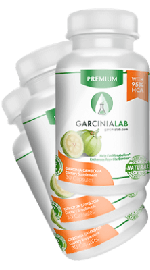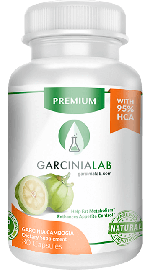
Learn the Secret Benefits of Having a Vegetarian Mediterranean Diet
The Mediterranean diet is largely based on the dietary habits of people in Greece, Italy, and Spain, which began in the 1940s and 1950s and was considered the diet of people having lower incomes. Biologist Ancel Keys and his wife chemist Margaret Keys researched the diet and lifestyle of the people in the 1970s. However, their findings did not receive recognition until the 1990s.
At that time, scientists conducted an extensive study and found that older adults living in these regions enjoyed admirable health well into their 90s and beyond. Since that time, the Mediterranean diet has been promoted as a means of lowering the risk of cardiovascular diseases, cognitive problems, and malignancies. What is the Mediterranean Diet? The basics of the dietary habits include: • A variety of brightly-colored fruits and vegetables including dark, leafy greens and non-starchy options• Beans and legumes
• Olive oil, which is typically used for salad dressings, food preparation and on bread
• A variety of nuts and seeds
• Whole grains
• Cheeses, eggs, goat's milk, kefir, and yogurt
• Fresh fish or seafood twice each week
• Lean red meat weekly or on special occasions
• Herbs and spices for seasoning
• Salt restriction
• Water, coffee or tea
• A glass of red wine with meals
Notable Health Benefits of the Mediterranean Diet Protects Cardiovascular Health Cold pressed or extra-virgin olive oil is rich in polyphenols in the form of oleic acid. The monounsaturated fat obtained from olive oil and oily fish has been shown to reduce LDL cholesterol, raise HDL cholesterol and reduce triglycerides. The antioxidants in the oil and fresh produce also inhibit inflammation in addition to interfering with the free radicals that cause inflammation, cell damage, and death. Thus, the overall benefits greatly reduce the risk of suffering from cardiovascular disease processes that lead to heart attack or stroke. Weight Loss The diet does not include processed foods that are typically high in saturated fat and sugar. Sweet foods are reserved for special occasions. Cravings are satisfied with fresh fruits. When combined with regular physical activity, the Mediterranean diet enables people to effectively lose and maintain a healthier weight. The fiber and protein-rich foods of the diet ensure satiety for longer periods of time, which reduces meal cravings that often lead to unnecessary weight gain. Diabetes Prevention or Reversal The anti-inflammatory effects of the low-fat diet have been shown to help maintain a healthier weight. The total number of health benefits of the Mediterranean diet has the ability to provide enhanced blood sugar control without the need for medical interventions. Apple Cider Vinegar can also help prevent diabetes?





